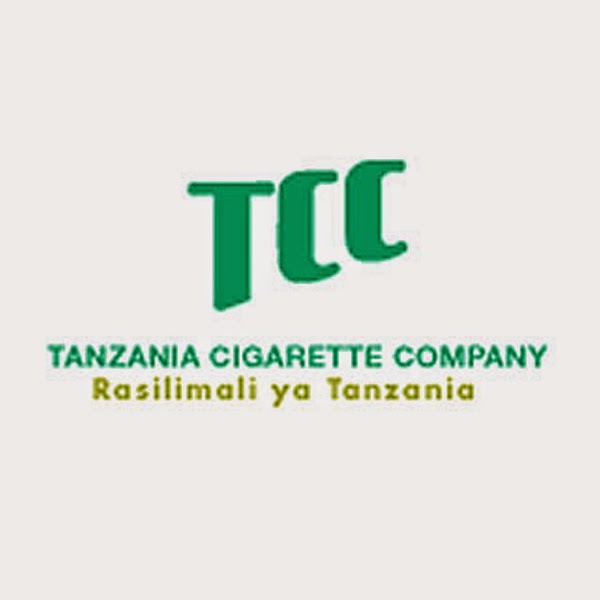SWALA GAS AND OIL OPERATING AND FINANCIAL REVIEW
0
OPERATING AND FINANCIAL REVIEW
Performance for the year
The results of the Company's operations for the year are set out on page 10.
The results of the Company's operations for the year are set out on page 10.
Operating review
During the year, Swala committed to entering Years 3 and 4 exploration phase of the Initial Exploration Term in both its Pangani and Kilosa – Kilombero PSAs licence areas. The work commitment in each licence during this period includes additional 2D seismic acquisition in the third contract year and drilling of one exploration well in the fourth contract year.
During the period the Company completed the seismic acquisition programmes in the Kilosa-Kilombero and Pangani licenses onshore Tanzania. The work undertaken in these licenses was in satisfaction of the exploration work commitment programme for the third contract year and a total of 630 km of 2D seismic data was acquired over both licenses allowing the Company to fulfill the minimum work program for the first three contract years as stipulated in the PSAs.The Company’s application for the Eyasi licence was terminated by the Tanzania Petroleum Development Corporation (‘’TPDC’’) following the withdrawal of its joint bidding partner. TPDC declared that the licence would be re-issued for tender and the Company has stated its intention to re-apply.
Swala Oil and Gas ( Tanzania) plc Financial Statements for the year ended 31 December 2014
Directors Report (continued)
During the year, Swala committed to entering Years 3 and 4 exploration phase of the Initial Exploration Term in both its Pangani and Kilosa – Kilombero PSAs licence areas. The work commitment in each licence during this period includes additional 2D seismic acquisition in the third contract year and drilling of one exploration well in the fourth contract year.
During the period the Company completed the seismic acquisition programmes in the Kilosa-Kilombero and Pangani licenses onshore Tanzania. The work undertaken in these licenses was in satisfaction of the exploration work commitment programme for the third contract year and a total of 630 km of 2D seismic data was acquired over both licenses allowing the Company to fulfill the minimum work program for the first three contract years as stipulated in the PSAs.The Company’s application for the Eyasi licence was terminated by the Tanzania Petroleum Development Corporation (‘’TPDC’’) following the withdrawal of its joint bidding partner. TPDC declared that the licence would be re-issued for tender and the Company has stated its intention to re-apply.
Swala Oil and Gas ( Tanzania) plc Financial Statements for the year ended 31 December 2014
Directors Report (continued)
Financial review
During the year the Company raised $4 million (before costs and expenses) by way of an Initial Public Offering (IPO) in June 2014. The Company used the funds raised from the IPO in a manner consistent with its business objectives. Prior to the IPO the Company raised $1.2 millions (before costs and expenses) by way of convertible notes issued in February 2014. These Convertible Notes were converted into shares of the Company at IPO. Following successful initial Public Offer (IPO), the Company was accepted and listed onto the Dar es Salaam Stock Exchange (“DSE”) in Tanzania on Monday 11th August 2014.
During the year the Company raised $4 million (before costs and expenses) by way of an Initial Public Offering (IPO) in June 2014. The Company used the funds raised from the IPO in a manner consistent with its business objectives. Prior to the IPO the Company raised $1.2 millions (before costs and expenses) by way of convertible notes issued in February 2014. These Convertible Notes were converted into shares of the Company at IPO. Following successful initial Public Offer (IPO), the Company was accepted and listed onto the Dar es Salaam Stock Exchange (“DSE”) in Tanzania on Monday 11th August 2014.
FUTURE DEVELOPMENT PLANS
The Company will continue with its work commitments for the fourth contract year of the Initial Exploration Term in the Kilosa- Kilombero and Pangani Licences areas and continue with business development by applying for other licences in Tanzania and elsewhere.
DIVIDEND
There were no dividends paid during the period
Please refer to the link below for further details
http://dse.co.tz/sites/default/files/dsefiles/SWALA%202014%20Audited%20FS.pdf






























